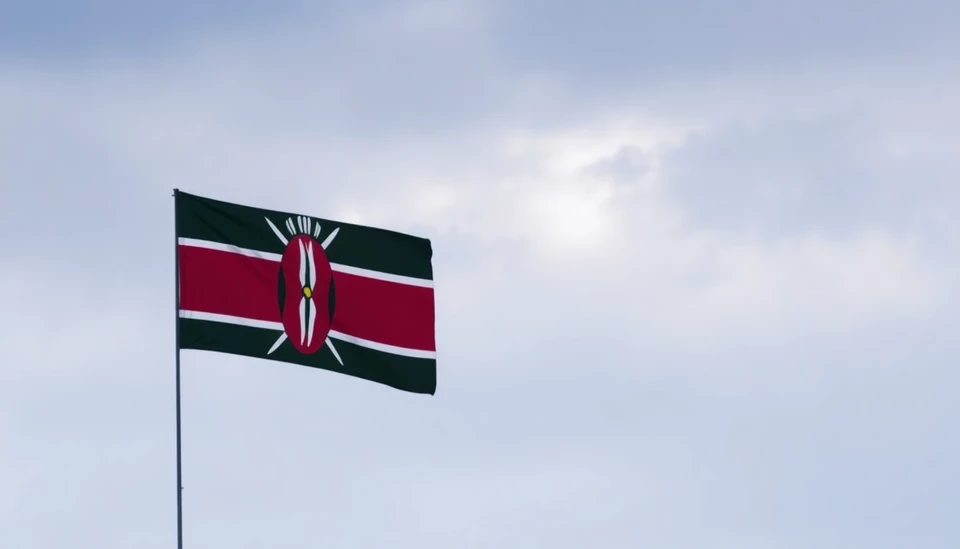
Kenya's economic growth has taken a significant hit, as the country reported a slowdown in its Gross Domestic Product (GDP) expansion during the third quarter of 2023. The latest data indicates a rate of just 3.1%, marking the slowest growth since 2020. Analysts and economists are expressing concerns about the factors contributing to this downturn, which may have far-reaching effects on one of East Africa's largest economies.
The recent statistics from the Kenya National Bureau of Statistics (KNBS) reflect the myriad challenges that have beset the nation. The economy's deceleration can be primarily attributed to a variety of factors, including adverse weather conditions impacting agricultural output, persistent inflation, and a notable decrease in consumer spending. The agricultural sector, a crucial pillar of the Kenyan economy, has been particularly hard hit, which inevitably affects food security and income levels.
In addition to agricultural challenges, the manufacturing and services sectors have also exhibited reduced performance, contributing to the overall decline in economic activity. The manufacturing sector, which has been attempting to recover from the shocks of previous years, continues to face hurdles such as high costs of production and limited access to finance. Consequently, businesses have reported dampened growth prospects, causing an overall pall over the economic landscape.
The Kenyan government has acknowledged these economic headwinds and is reportedly considering several measures to bolster growth. Initiatives to enhance infrastructure, improve access to credit for small-scale businesses, and promote investment in innovation and technology could be pivotal in reigniting growth. However, ensuring effective implementation of these initiatives will be vital for any meaningful recovery.
Moreover, external factors such as global supply chain disruptions and fluctuating commodity prices further complicate the recovery trajectory. As Kenya navigates these challenges, the government will need to adopt a multi-faceted approach that addresses both immediate and long-term economic vulnerabilities. The central bank has also been monitoring inflation rates closely, which remain a concern for economic stability.
Looking ahead, stakeholders are urging the need for a collaborative effort between the government, private sector, and international partners to safeguard the economy against future shocks. The current economic environment calls for comprehensive reforms to enhance resilience and promote sustainable growth in the years to come.
As analysts keep a close watch on how the situation unfolds, the country stands at a crossroads, where strategic decisions made today could significantly impact its economic prospects for tomorrow.
In summary, Kenya's economic growth has slowed to a juggernaut status not seen in nearly four years, prompting calls for urgent reforms to address the underlying issues that threaten its economic stability.
#KenyaEconomy #EconomicGrowth #Agriculture #Manufacturing #Inflation #KenyaNews
Author: Daniel Foster

